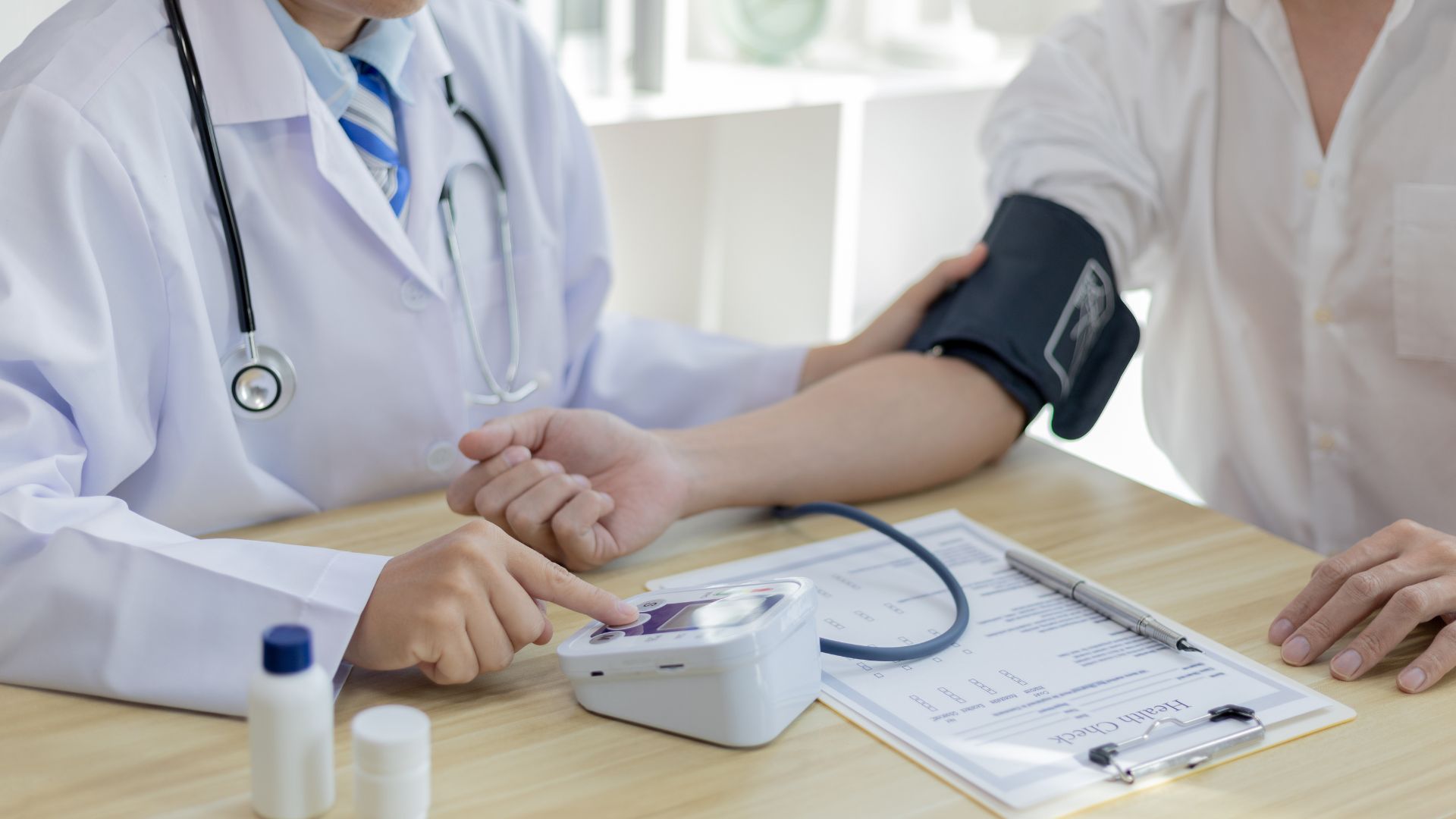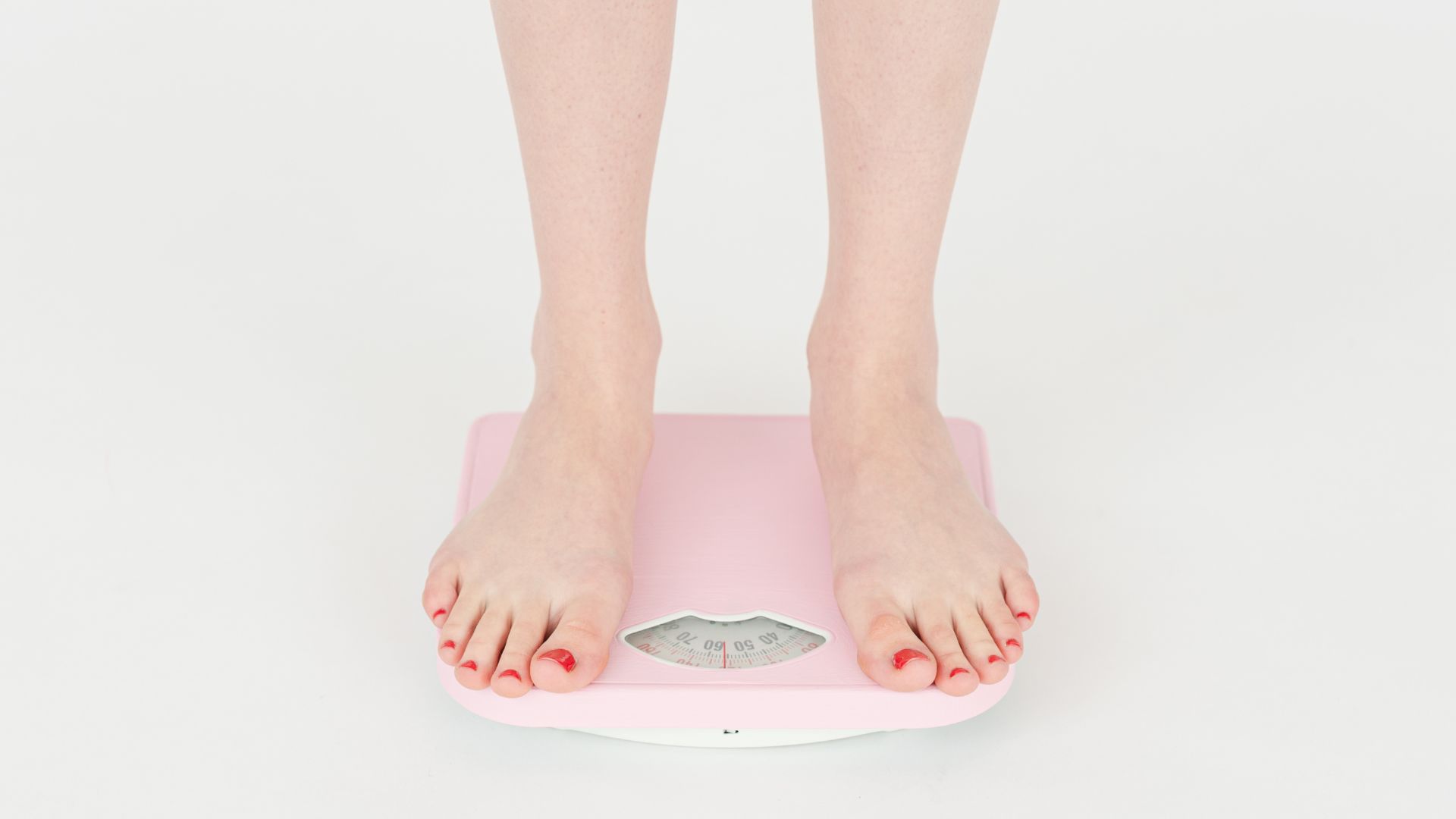According to various scientific studies, zinc can help strengthen the weakened immune system of the elderly. Zinc is a micronutrient whose concentration in our bodies decreases with age. Zinc deficiency is a problem that affects many older people.
Zinc is a trace element, i.e. a mineral salt, present in the body only in trace amounts, about 2-2.5g, of which 65% is in muscles and 20% in bones. It is present in all cells, including the adrenal glands, skin, parts of the brain, pancreas, eye membranes, prostate and sperm.
Zinc plays an important role in growth, immune system function, neurological and reproductive functions, protection against cell aging, maintenance of skin, nails and hair quality, etc. It is required for more than 200 vital enzymatic processes. Zinc is involved in DNA, RNA and protein synthesis, immune and wound healing processes, fetal growth and development during pregnancy. It plays a role in mood modulation, vision, taste and smell. It is involved in blood clotting, thyroid hormone function, insulin metabolism, and a critical role in cellular metabolism.
In most physiological situations, a healthy and varied diet can compensate for the daily requirement of zinc. However, some situations can lead to a deficiency, so it is helpful to know the level of zinc in our bodies.
Zinc deficiency
The body needs very little zinc, but it is essential. In general, the body absorbs between 15% and 40% of the zinc in food. In women, adolescents, children and the elderly, intake is often below the daily minimum due to poor eating habits. Especially in pregnant women, where a cold, flu or other infection can lower zinc levels in the body, which can be dangerous to the fetus. Other factors also play a role in decreasing zinc levels in foods, including modern farming practices that deplete zinc reserves in the soil.
Alcoholics, diabetics, people with kidney or digestive diseases (Crohn’s disease), and HIV positive patients are at greater risk for zinc deficiency.
Zinc deficiency leads to decreased immune defenses (frequent infections and poorly healing wounds), stunted growth, impaired sense of smell and taste, decreased male fertility, dermatitis, diarrhea, depression, weight loss, irritability and apathy.
Zinc is of interest to many researchers. Here are some of the areas investigated.
Cardiovascular disease.
Published in May 2004, data from a scientific study suggests that zinc supplementation reduces mortality from cardiovascular disease.
Oxidative stress.
Oxidative stress is thought to play a role in aging. A daily dose of 45 mg of zinc for 1 year had a positive effect on markers of oxidative stress.
Macular degeneration.
In a large American study, taking 80 mg of zinc daily for 6 years showed a 25% reduction in the risk of progressive macular degeneration. The same amount of zinc along with 500 mg of vitamin C, 400 IU of vitamin E, and 15 mg of beta-carotene produced the same results.
! It should be noted that macular degeneration requires medical diagnosis and monitoring, and that this dosage of zinc far exceeds maximum intake.
The following medications may reduce zinc levels in the body:
-anticonvulsants;
-some vasodilators ;
-Oral contraceptives;
-hormone replacement therapy;
-thiazide class diuretics;
-chelating agents such as penicillamine or DTPA;
-antacids.
There should be an interval of 2 hours between taking zinc supplements and the following drugs: antacids, fluoroquinolone antibiotics, and tetracyclines.
Consult your doctor before taking zinc supplements.
Zinc for our skin
Zinc is involved in the production of collagen. Collagen is a protein in the structure of the skin that keeps it supple and elastic and prevents sagging of tissues.
Because of its antioxidant activity, zinc can play a role in protecting the skin from aging.
Collagen is also involved in wound healing. This is why zinc indirectly helps speed up the healing process.
Zinc intake can help in the treatment of moderate acne. The reason zinc is believed to be active is because of its anti-inflammatory properties for the skin and its regulating effect on the sebaceous glands. Therefore, there are zinc-based medications or supplements available to treat acne.
Psoriasis
Zinc, in addition to conventional treatments, can also be effective for patients suffering from psoriasis. This is a skin disease associated with excessive and too rapid renewal of epidermal cells.
Zinc-rich foods:
Oysters, seafood, red meat, pork, poultry, eggs, wheat germ, nuts, legumes, soybeans and whole grains, cocoa, egg yolks, pumpkin seeds, oily fish, lentils.
The best sources of zinc are animal products, so vegetarians should consider how to ensure adequate intake of this trace element through whole grains, legumes, nuts and seeds.
We can make up for zinc deficiencies with food or supplements.
Note that zinc absorption on an empty stomach is higher than with meals.








